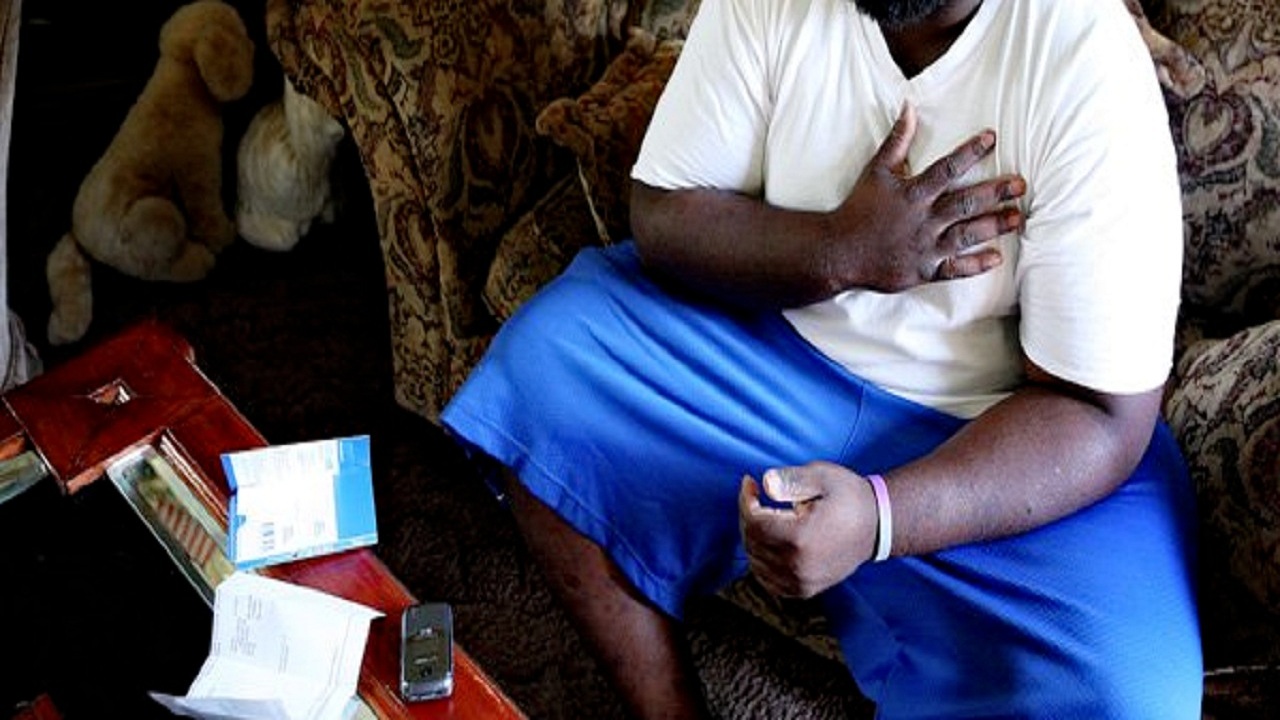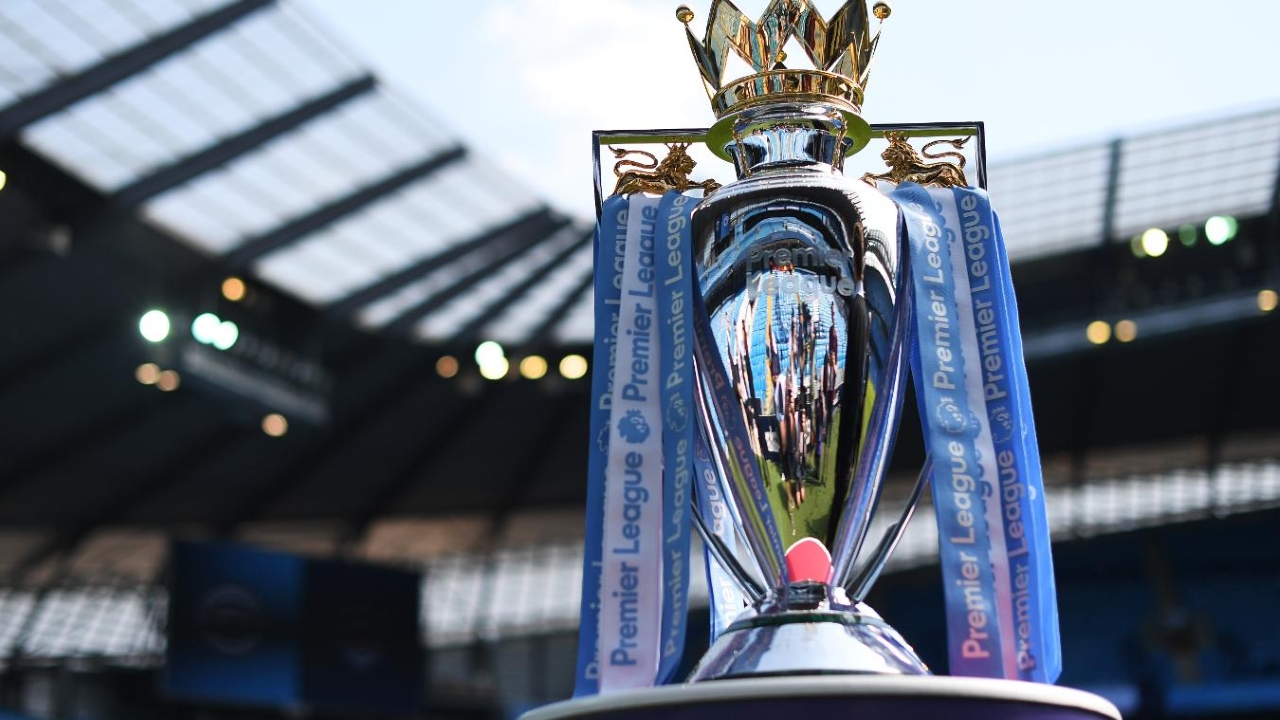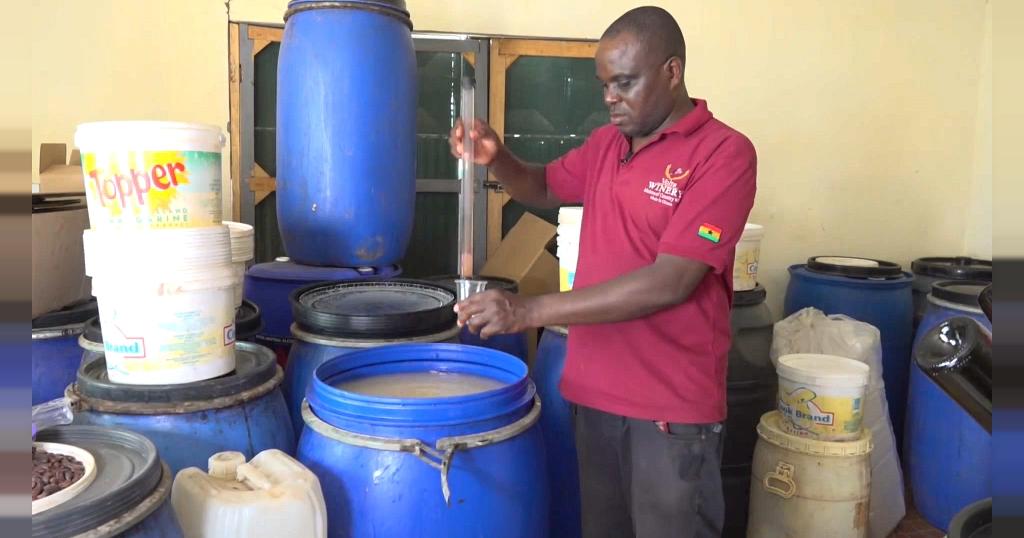Breast Cancer in Men
By: Aska Makori
Posted on Wednesday, March 25, 2020

Breast cancer is cancer that develops from breast tissues. It starts when cells in the breasts begin to grow out of control to form a tumor that can only be seen on an X-ray or felt as a lump. The tumor is cancerous if the cells spread to other areas of the body or the surrounding tissues. It is common in women and affects at least 1 in 8 women during their lives but did you know that men can get breast cancer too?
Breast cancer is rare in men affecting approximately 1% of the male population; at least 1 in 1000 men can be diagnosed with breast cancer. Most people believe that men don’t have breasts hence cannot get breast cancer. Men just like women have breast tissues but lack the various hormones needed to stimulate their growth into full breasts.
The symptoms of breast cancer in men are similar to those in women. Doctors used to think that breast cancer in men is so severe than it is in women but it now seems to be the same only that in men, it is diagnosed later than it is in women. This is because the small amount of breast tissue in men is harder to feel making it difficult to catch the cancers early. Also, because of the small amount of breast tissues in men, the tumors can spread more quickly to surrounding tissues.
In men, the chances of getting breast cancer go up with age; it’s rare for a youth to get breast cancer. Most cases of male breast cancer are between the age of 60 and 70.
CAUSES OF BREAST CANCER IN MEN
Some of the things that raise the odds for male breast cancer include:
- History of breast cancer in the family.
- Klinefelter’s Synderome – a rare genetic condition in which a male is born with two or more X chromosomes.
- Liver Cirrhosis – a severe liver disease that in most cases is caused by heavy consumption of alcohol.
- Diseases that affect the testicles such as mumps orchitis, a testicular injury, an undescended testicle, etc.
- Taking estrogen through medication.
- Exposure of the chest to radiation.
- Hormonal imbalance that might cause gynecomastia (swelling of male breast tissues).
Obese men are at a higher risk of getting breast cancer since the excess fat around the breast area is converted to estrogen, a female hormone. This makes them more susceptible to the illness.

SYMPTOMS
The most common symptom of breast cancer is a painless hard mass that has irregular edges, commonly known as lump, being felt in the breast. Other symptoms include;
- Selling of all or part of the breast even when no lump is felt.
- The nipple turning inwards.
- Redness, scaliness or thickening of the nipple or breast skin.
- Skin irritation.
- Sometimes, is spreads to the lymph nodes and causes a swelling there before the tumor in the breast is large enough to be felt.
- Men tend to delay going to the doctor until they discover some discharge from the nipple; blood in most cases. At this point, the cancer has already spread
DIAGNOSIS AND TREATMENT
The techniques used to diagnose breast cancer include:
- Breast examination – gently touching the breasts to check the breast tissues for signs of lumps.
- Mammogram – an X ray of the breast to see if the lump is cancerous or benign.
- Ultrasound to produce an image of breast tissues.
- Biopsy which involves removing a small amount of breast tissue for testing.
The treatment of breast cancer varies depending on the stage of cancer. Some of the common practices by doctors to treat breast cancer include:
- Lumpectomy – The doctor removes the tumor but leaves the breast intact.
- Mastectomy – Here the doctor surgically removes all the breast tissues including the tumor and connecting tissues.
- Chemotherapy – This is the most common cancer treatment and involves the use of anti-cancer drugs to interfere with cells’ ability to reproduce.
- Radiation – This is the use of X-ray to treat cancer directly.
- Hormone therapy – this is the combination of hormones to treat breast cancer. Men respond much better to this treatment mostly because a great percentage of male breast cancer have hormone receptors.
Breast cancer is usually curable and easily treated when detected in the early stages. Men are advised to check their breasts for lumps or any unusual mass; breast cancer might be rare in men but it is there.







